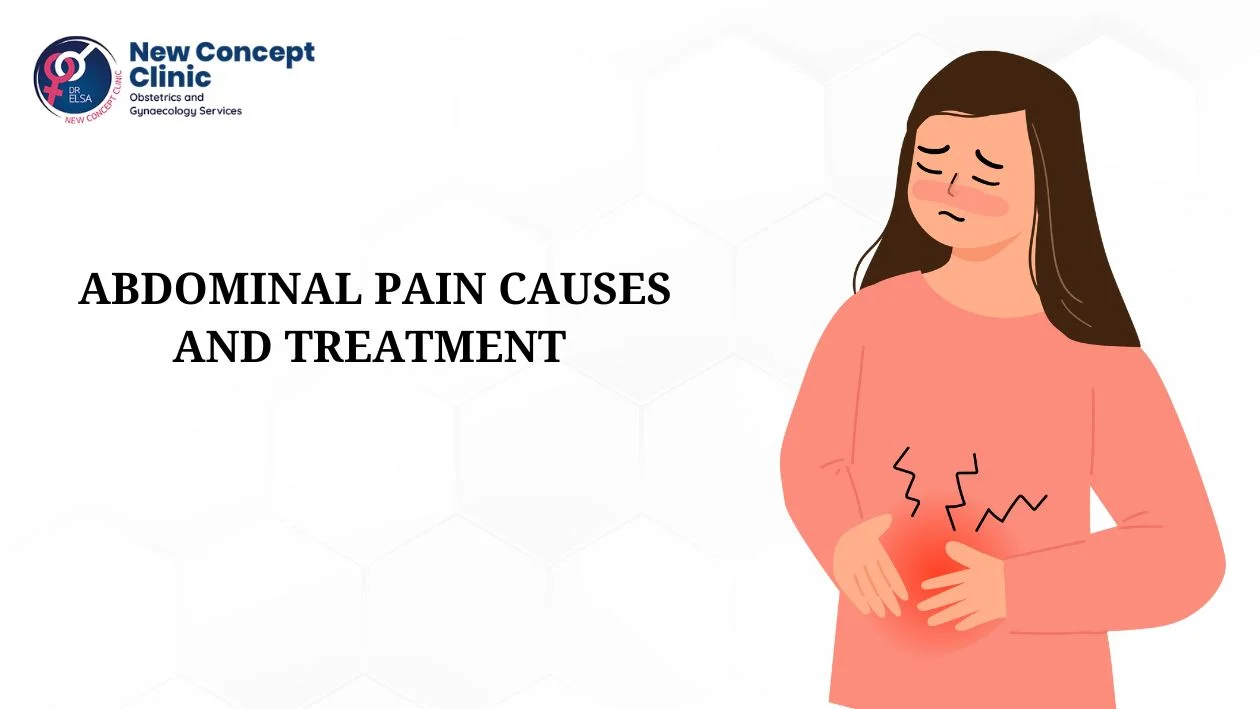

Abdominal pain is defined as discomfort anywhere in the abdomen area, between the ribs and pelvis. Abdominal discomfort is commonly known as "stomach pain" or "stomachache," however it can be caused by organs other than the stomach.
Your abdomen is home to your:
Stomach.
Liver.
Gallbladder.
Pancreas.
Small intestine.
Large intestine.
Your digestive system includes all of these organs. However, discomfort can also be felt in your abdominal wall, which is made up of the skin and muscles that cover the outside of your abdomen. And occasionally, the pain in your stomach originates elsewhere, such as in your chest, pelvis, or back.
Abdominal pain can take many forms and mean many things.
It may feel like:
Mild or severe.
Dull or sharp.
Burning or achy.
Crampy or colicky.
Constant or intermittent.
Localized (in one spot) or generalized (all over).
All of these organs are part of your digestive system. However, discomfort can also be felt in your abdominal wall, which is made up of skin and muscles. And the discomfort in your belly may be originating from somewhere else, such as your chest, pelvis, or back.
Almost everyone will have abdominal pain at some point. Most of the time, it is not serious and resolves on its own. However, it could indicate a serious illness or even an emergency. Abdominal discomfort accounts for 5% of emergency room visits.
Since your abdomen is home to many organs, your healthcare provider may want to narrow down the kind of pain you’re having by narrowing down the region you’re feeling it in. Healthcare providers often divide the abdomen into quadrants, or four parts. They may ask if your pain is in the:
Upper part / lower part. Upper abdominal pain is above your belly button. Lower abdominal pain is below it.
Right side / left side. The midline of your abdomen runs from your sternum through your belly button.
There are many reasons for abdominal pain. It may be related to digestion, injury, infection, or disease. It may come from the muscles or skin in your abdominal wall. or organ inside. or it may be spread from somewhere else nearby.
Your doctor will ask some questions about your pain to determine the situation or cause
What are the most common causes of abdominal pain?
Most of the time, abdominal pain is temporary and not serious. They may have to do with digestion, menstruation, or a temporary infection. For example:
Abdominal pain may be due to:
Indigestion.
Diarrhea.
Food allergies and intolerances.
Gas and gas pain.
Constipation.
Food poisoning.
Irritation or infection in your organs can cause transient inflammation, including:
Viral gastroenteritis (stomach flu).
Peptic ulcer disease.
Chronic acid reflux (GERD).
Urinary tract infection (UTI).
If you have a uterus, you might experience occasional pain from:
period cramps.
Ovulation pain.
Sometimes abdominal pain is temporary and not serious. But sometimes abdominal pain indicates a serious medical condition. In that situation, you require treatment. Pain in different regions may indicate that different organs are involved. For example:
Your doctor will ask you detailed questions about your abdominal pain. They’ll want to know:
Wherever you feel abdominal pain,
What it feels like.
How long you’ve had it.
If it comes and goes,.
If it’s getting worse,.
If it stays in one place or moves.
What makes it better or worse?
What other symptoms do you have?
Depending on your answers, your healthcare provider will try to determine if you require emergency treatment. Sometimes they will be able to tell you right away that your abdominal pain is temporary and not serious; sometimes they will suspect a more serious condition and want to run some tests; and sometimes they will not be able to solve the mystery on the first visit. Your pain may go away, or you may need to return for further investigation.
Abdominal pain can be caused by a range of ailments and treatments, such as gallstones or appendicitis surgery, ulcer or infection medicines, or simply suffering with stomach flu or a kidney stone till it passes.
It is important to seek medical attention if the pain persists or worsens. Even minor cases can be serious.
bowel rest. Stop eating, or only eat easy-to-digest foods like crackers or bananas.
Hydration. Drink plenty of water or a hydration formula.
Heat therapy. Try a warm water bottle or a soak in the bath.
Home remedies. Try licorice for gas, ginger for indigestion, or peppermint to help relax your intestinal muscles.
Read More :- Labor & Delivery
When to Call the Doctor
Always see your doctor if your pain is unexplained, persistent, or severe, or if you have been injured or are pregnant.
Also, see your doctor if your abdominal pain is consistent with any of these symptoms:
Persistent fever.
Persistent nausea or vomiting.
Blood in your stools, urine, or vomit.
Swelling and tenderness to the touch.
Jaundice (yellowing of the eyes and skin).
Pain in any other part of your body.
Shortness of breath or symptoms that get worse with exertion.